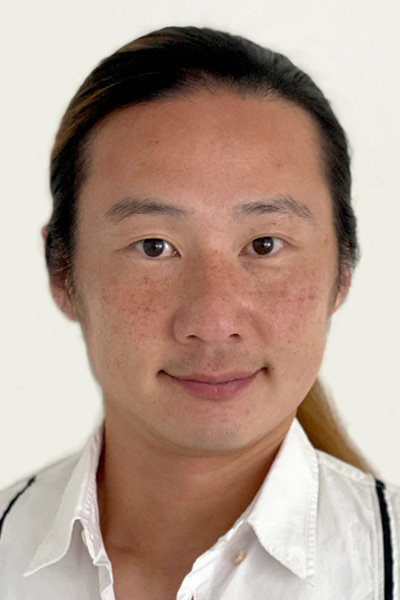
Recently developed single-cell technologies allow immunologists and rheumatologists to better understand the heterogeneity of human immune cells and the pathogenic mechanisms of rheumatic diseases. Applications of these technologies have the potential to provide unique insights into the etiology of rheumatic diseases and facilitate the development of new therapies, according to Alex Kuo, PhD, Senior Scientist at Stanford University School of Medicine.
Dr. Kuo will discuss these advances and how they are contributing to the understanding of the pathogenesis of rheumatic diseases during the ACR Convergence 2020 session, Immunology Update: Single Cell Technologies and New Insights in SLE. The first viewing of this session, on Friday, Nov. 6, from 10 – 10:45 a.m., includes a live question-and-answer period. Registered attendees have on-demand access to watch a replay of the session through Wednesday, March 11.
“Rheumatic diseases represent a significant burden for the public health system, affecting more than a fifth of the population here in the United States and millions of individuals worldwide. Yet, despite their prevalence and significance, the etiology of most rheumatic diseases remains largely unknown,” Dr. Kuo said. “Many studies support the concept that rheumatic disease pathogenesis is driven by a very small subset of cells; however, analyzing bulk changes of immune cells may overlook the fundamental defects restricted to a fraction of the target populations.”
Dr. Kuo also noted that etiologically important molecular and cellular alterations may be masked by overpowering inflammation effects, which frequently have strong influences on experimental readouts.
“Those are the reasons why it is so important that researchers are now able to study the breakdown of immune tolerance and dysregulated proinflammatory pathways in rheumatic diseases on a cell-to-cell basis,” Dr. Kuo said.
Dr. Kuo will review the fundamental aspects of generating and analyzing high-dimensional data through single-cell RNA-sequencing, mass cytometry (CyTOF) and related technologies and discuss pioneering research utilizing these powerful analytic platforms to elucidate complex immune system networks in health and disease.
“With the development of new single-cell technologies, billions of reads can be routinely generated to help us better understand and profile the genome, transcriptome and epigenome, providing researchers with great opportunities to interrogate the heterogeneity of single cells with unprecedented depth,” Dr. Kuo said. “Furthermore, single-cell proteomic analyses of protein levels and their post-translational modifications have been greatly accelerated by the development of mass cytometry, permitting simultaneous analyses of potentially more than 100 protein markers in single cells.”
In order to realize the full potential of single-cell technologies, Dr. Kuo said, future efforts will require teams of biologists, immunologists, clinicians, computational biologists, and other researchers with multidisciplinary expertise in both academic institutions and the biotech/pharmaceutical industries.
“In the coming years, new single-cell technologies with improved resolution and throughput will be introduced, and computational algorithms and methods specialized in analyzing big data from high-throughput single-cell technologies will be developed,” he said. “Experiments conceptually advancing our understanding of the human immune system and immune-mediated diseases will be conducted. Investigators may consider leveraging these new technologies to better enrich our understanding of the complex human immune system, identify causal pathogenic mechanisms of rheumatic diseases, and, ultimately, improve human health.”
Dr. Kuo said that a number of landmark publications using single-cell technologies to study other human diseases, such as various types of cancers, may provide guidance for the potential uses of single-cell technologies in rheumatic disease research. However, despite the many strengths of single-cell technologies and the promise they hold, there may be substantial technical and other hurdles for investigators who are interested in adopting these new methods.
“For instance, an investigator who has biobanked a rich collection of high-quality clinical samples may not have access to the instruments needed for performing these single-cell analyses; likewise, an investigator specialized in various single-cell technologies may not have access to clinical samples to conduct an impactful study,” Dr. Kuo said. “Moving the science forward will require strong academic collaborations, and a number of partnership programs between the government, academic investigators, and the biopharmaceutical industry.”
